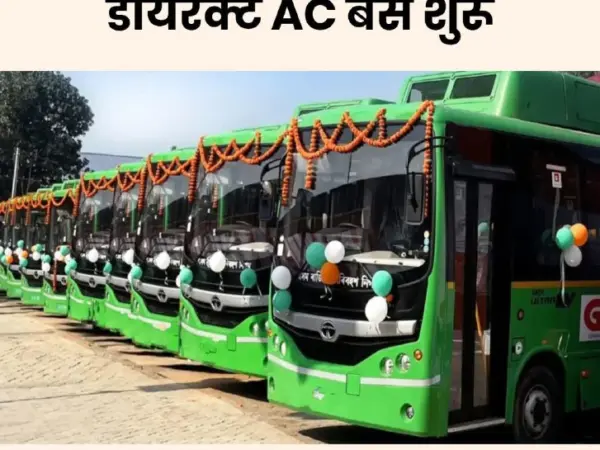<!-★

CJI Chandrachud made the remark in response to Mr Sibal’s referral. (File)
Chief Justice Chandrachud Comments on Ranjan Gogoi’s Statement
Chief Justice of India DY Chandrachud stated that the opinions of former judges are not binding once they demit office. This remark came after former CJI Ranjan Gogoi’s comments on the debatability of the basic structure doctrine were raised in the Supreme Court. Gogoi, who is now a nominated member of the Rajya Sabha, expressed his view on the doctrine during a debate on the Government of National Capital Territory of Delhi (Amendment) Bill, 2023. He stated that the doctrine has a debatable jurisprudential basis.
Background on the Basic Structure Doctrine
In the landmark Kesavananda Bharati case of 1973, the Supreme Court introduced the basic structure doctrine, which holds that certain fundamental features of the Constitution, such as democracy, secularism, federalism, and rule of law, cannot be amended by Parliament.
Senior Advocate Kapil Sibal Refers to Gogoi’s Statement
During a hearing, senior advocate Kapil Sibal, representing National Conference leader Mohd Akbar Lone, referred to Justice Gogoi’s statement made in the Upper House. Sibal argued that the abrogation of Article 370 of the Constitution, which granted special status to Jammu and Kashmir, cannot be justified unless a new jurisprudence is brought to allow the government to act as they please with a majority. He pointed out that even a sitting colleague had expressed doubts about the basic structure theory.
CJI Chandrachud’s Response
In response to Sibal’s submission, CJI Chandrachud clarified that the opinions of former judges are merely their personal views and are not binding. He emphasized that once judges cease to hold office, their statements hold no legal weight. Earlier this year, CJI Chandrachud had referred to the basic structure doctrine as a guiding principle for interpreting and implementing the Constitution.
Implications of the Basic Structure Doctrine
The basic structure doctrine has been instrumental in setting aside several Constitutional amendments, including the quashing of the amendment and corresponding NJAC Act related to the appointment of judges in the higher judiciary.
Intervention by Solicitor General Tushar Mehta
Solicitor General Tushar Mehta, representing the Centre in the Article 370 case, intervened when Sibal made his submission. Mehta argued that discussions in Parliament should not be brought before the court, just as court proceedings are not discussed in Parliament. Sibal, who is an independent MP of Rajya Sabha, agreed with Mehta’s stance and clarified that he was not present in Parliament during the debate on the GNCTD amendment bill.
Overall, Chief Justice Chandrachud’s statement reinforces the understanding that the opinions expressed by former judges are not legally binding. The basic structure doctrine continues to play a crucial role in preserving the fundamental principles of the Indian Constitution.
- CJI Chandrachud remarks that opinions of former judges are not binding.
- Former CJI Ranjan Gogoi’s statement on the debatability of the basic structure doctrine raised in the Supreme Court.
- Kapil Sibal refers to Gogoi’s statement during a hearing on the abrogation of Article 370.
- CJI Chandrachud clarifies that statements of former judges are personal opinions.
- Basic structure doctrine remains a guiding principle for interpreting the Constitution.
Follow DelhiBreakings on Google News
Superfast News Coverage by DelhiBreakings.com team.
For Superfast national news and Delhi Breaking Stories visit us daily at https://delhibreakings.com





